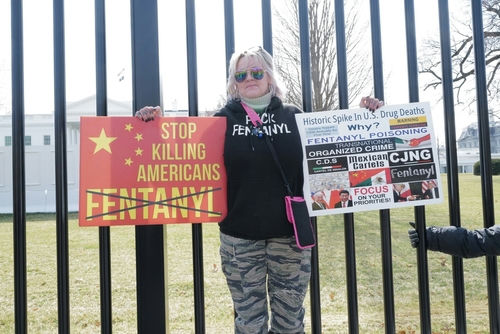Rubio says Washington will use every counterterrorism tool against cartel-terror networks—including one tied to Maduro—marking a sharp break from years of treating them like “local street gangs.”
Rubio’s pledge: treat cartels as terrorists, not street gangs
Secretary of State Marco Rubio told EWTN on August 7 that, after designating several criminal groups—including one linked to Venezuelan leader Nicolás Maduro—as global terrorist organizations, the United States will “use all its power to eradicate them.” He contrasted this approach with prior treatment of such groups as “local street gangs,” framing the shift as central to the second Trump administration’s first six months strategy against transnational criminal organizations and their state-linked enablers.
Rubio’s comments follow a summer of stepped-up actions. On July 31, a State Department-hosted interview highlighted the administration’s posture on terrorism authorities. Days earlier and later in July, State messaging emphasized designations and tougher counterterror tools. The campaign included a formal terrorist designation on July 18 of The Resistance Front, demonstrating the machinery is not theoretical; legal packages are being prepared, cleared, and announced, with downstream consequences across finance, travel, and immigration.
What FTO and SDGT labels actually do to cartel-terror networks
U.S. law provides two principal labels. The Foreign Terrorist Organization designation under INA §219 criminalizes material support and triggers immigration bars. The Specially Designated Global Terrorist designation under Executive Order 13224 freezes assets, imposes secondary sanctions, and restricts transactions across the dollar-based financial system. Secretaries of State also retain discretion to designate and delist. Even if an FTO label later changes, SDGT status can persist, preserving leverage and pressure on networks, facilitators, and financiers.
This layered model matters for cartels and their political patrons. Combining FTO and SDGT triggers widens prosecutorial options, expands forfeiture and banking consequences, and tightens visa restrictions for members, enablers, and associated entities. Financial institutions must enhance screening for sanctioned names and aliases, raising compliance costs but starving networks of liquidity. For U.S. communities ravaged by fentanyl and extortion, these tools aim to disrupt logistics, money laundering, and procurement chains that reach from Latin America into American towns.
July actions show the policy is moving from rhetoric to enforcement
The July 18 designation of The Resistance Front offers a concrete case of how authorities are being used. Treasury coordination typically follows with SDGT listings, operationalizing asset blocks while Justice and Homeland Security pursue material support, immigration bars, and extradition cases where viable. Rubio’s late-July media push aligned with these steps, underscoring that more groups—explicitly including those connected to Venezuela—are on deck. Partners abroad may mirror sanctions, increasing isolation for targeted actors.
Rubio’s reference to a group linked to Maduro raises hemispheric stakes. Caracas will likely deny ties and protest publicly. However, the administration’s position is that transnational criminal organizations pose national security threats comparable to terrorist groups. Expect visa restrictions, enhanced due diligence on Venezuelan-linked entities, and tighter scrutiny of shipping, logistics, remittances, and crypto channels suspected of ferrying funds or materiel to designated actors.
Why conservatives see this as a long-overdue correction
For years, Americans watched cartels exploit the border, poison communities with synthetic drugs, and infiltrate financial systems while Washington debated semantics. Treating these groups as terrorists unlocks the government’s full arsenal and signals zero tolerance for state-crime collusion. This shift aligns with core conservative priorities: secure borders, law-and-order enforcement, limited but decisive government focused on constitutional responsibilities, and defense of families from predatory criminal networks that profit from human trafficking and narcotics.
Limits and open questions remain. The full EWTN transcript is not public in these materials, and officials have not named the Venezuela-linked group Rubio referenced. Additional designations are expected as case files mature. Critics will debate definitional thresholds and humanitarian impacts of expansive sanctions. Yet the administration’s legal footing rests on long-standing FTO and SDGT authorities and the Secretary of State’s designation discretion, with SDGT status providing enduring leverage even when FTO listings evolve.
Sources:
Terrorist Designation of The Resistance Front
Executive and Regulatory Actions in the Second Trump Administration (NAFSA Tracker)
Secretary of State Marco Rubio with Brian Kilmeade of Fox Radio
U.S. Embassy India – Secretary of State Marco Rubio (tag archive)

